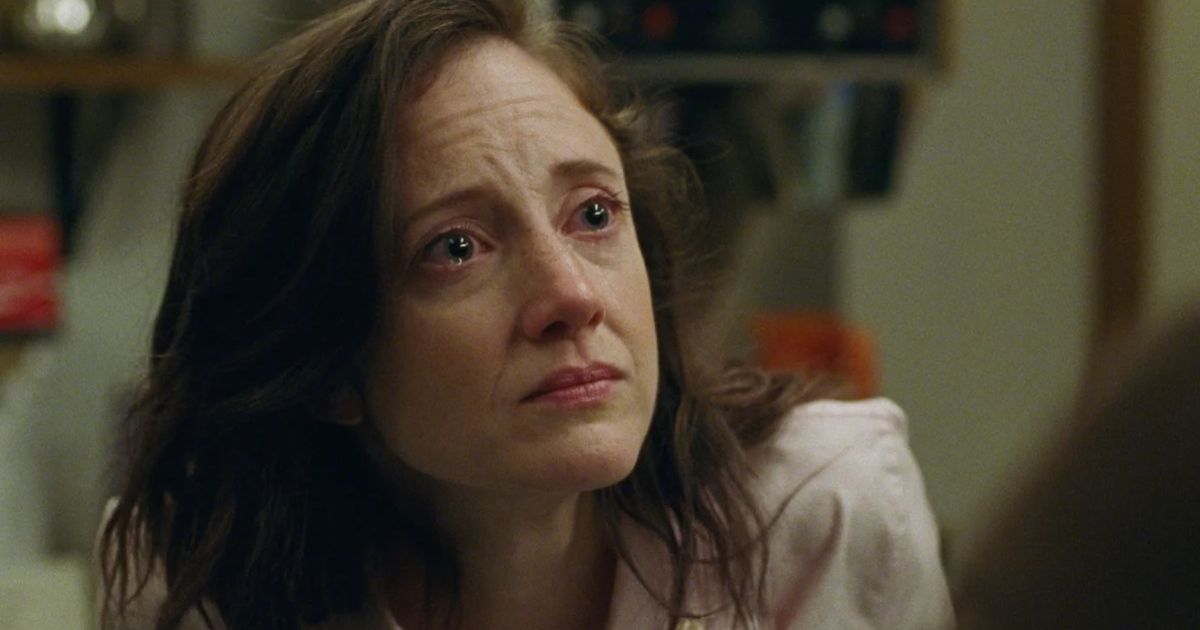The Academy of Motion Picture Arts and Sciences established new campaigning, screening, and social media usage guidelines. It is not uncommon for the Academy Board to implement changes following awards season, but this year's policy changes come after a controversial and highly-publicized Best Actress competition. To Leslie's Andrea Riseborough's surprise nomination followed a PR campaign and backing from several A-listers, including Gwyneth Paltrow, Kate Winslet, and Charlize Theron.
While some defended the work done on behalf of Riseborough, others felt it illustrated racial privilege and came at the cost of deserving Black actresses. While Viola Davis and Danielle Deadwyler, for The Woman King and Till, respectively, were expected to gain nominations, neither did. The Academy Board will not rescind Riseborough's nomination, but they stated that concerning tactics surrounding the outreach campaign were discussed with responsible parties. A new set of guidelines point at the Academy's investigation into Riseborough's grassroots campaign.
Social media was utilized to campaign for Riseborough, but Michelle Yeoh's social media activity also raised some eyebrows. In a since deleted Instagram post, the actress (who took home the coveted award) shared an article referencing fellow nominee Cate Blanchett and the Academy's ongoing issues with inclusivity. The Academy's new rules touched on social media use, stating that members can not utilize social media to "encourage or discourage members to vote for any motion picture, performance, or achievement."
Other Significant Changes in the New Guidelines
A significant change in the guidelines pertains specifically to voters. While voters can encourage viewership and praise films and independent achievements, they "may not attempt to encourage other members to vote for or not vote for any motion picture or achievement." Voters are also no longer allowed to discuss their voting preferences in a public forum: "This includes comparing or ranking motion pictures, performances, or achievements in relation to voting. This also includes speaking with press anonymously."
Screenings, which are typically hosted by celebrities, were another main focus of policy changes. Before nominations, four hosted screenings of a motion picture are permitted, but more than two hosts cannot be listed on the invitation. Following the nominee announcements, hosted film screenings are no longer allowed. Q&A and panel discussions are permitted as long as no host is attached to the event. Academy governors like Whoopi Goldberg, Rita Wilson, and Marlee Matlin, are not allowed to moderate Q&As, host private events, or endorse any film or performance unless they are directly associated with the film.
The Academy also listed penalties for failure to comply with the new rules. These include "suspending or revoking mailing house and communications privileges, revoking privileges to attend Academy events, disqualifying a motion picture, performance, or achievement for awards consideration, rescinding an Oscar nomination, revoking voting privileges, suspending Academy membership, and expelling a member from the Academy."


